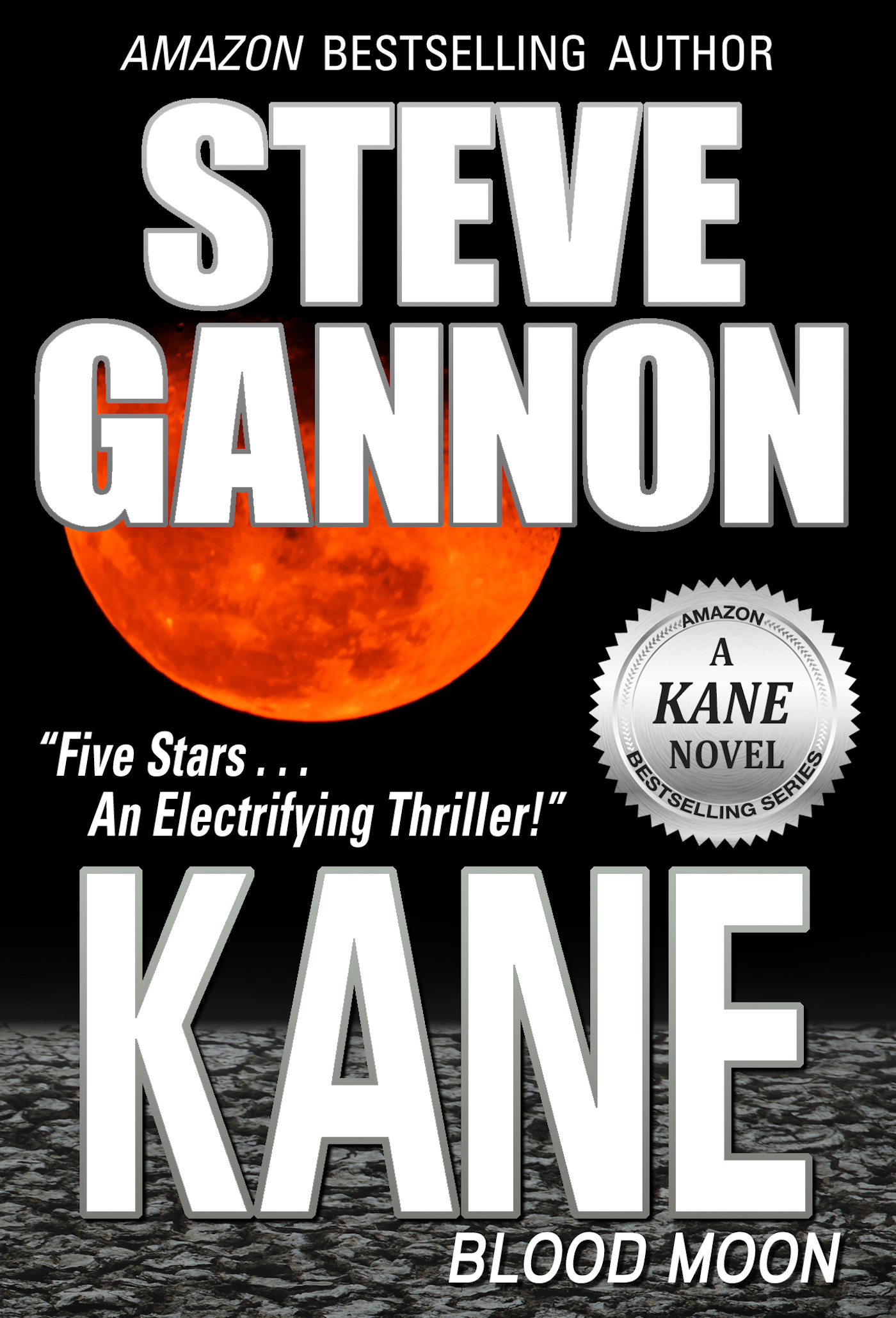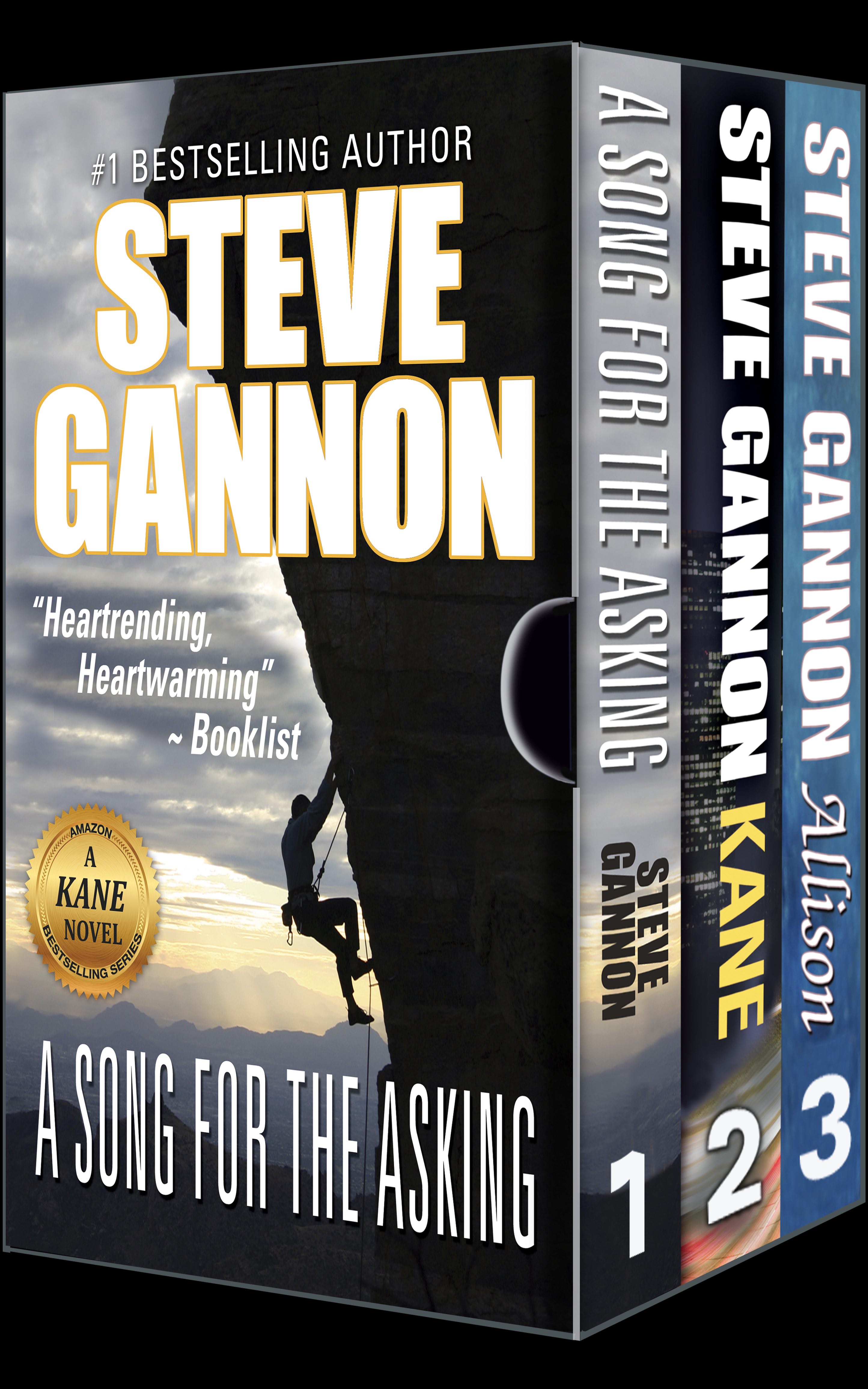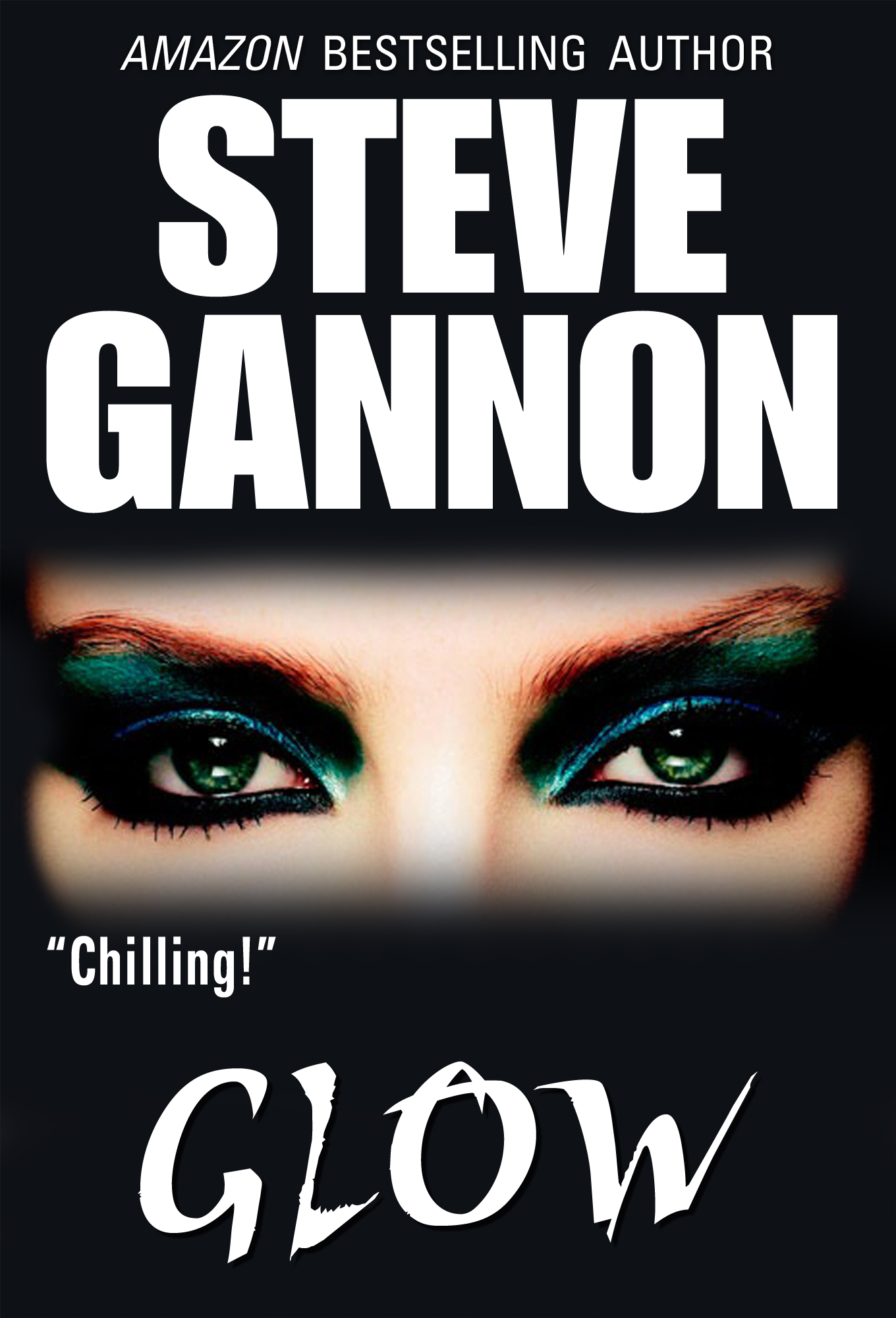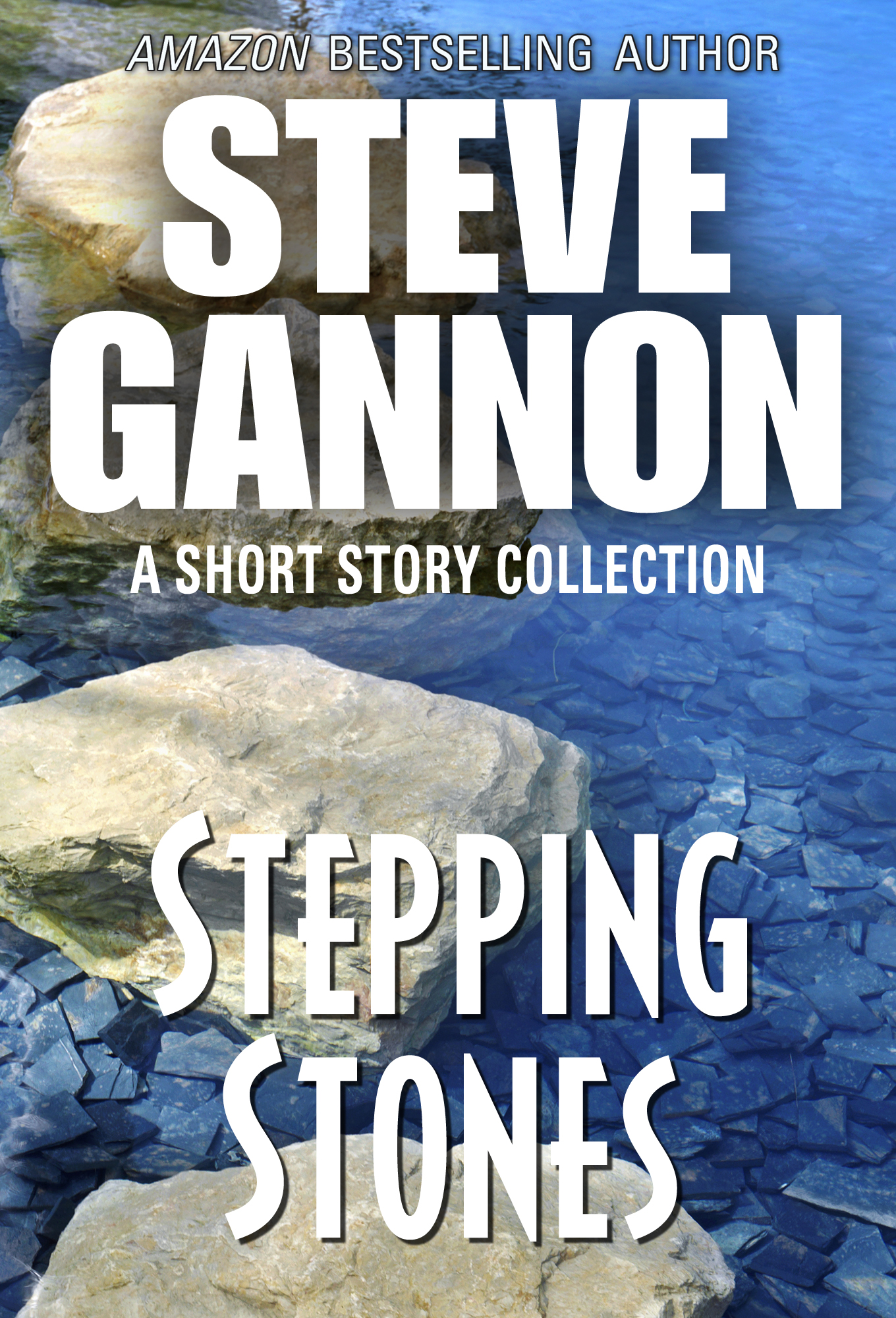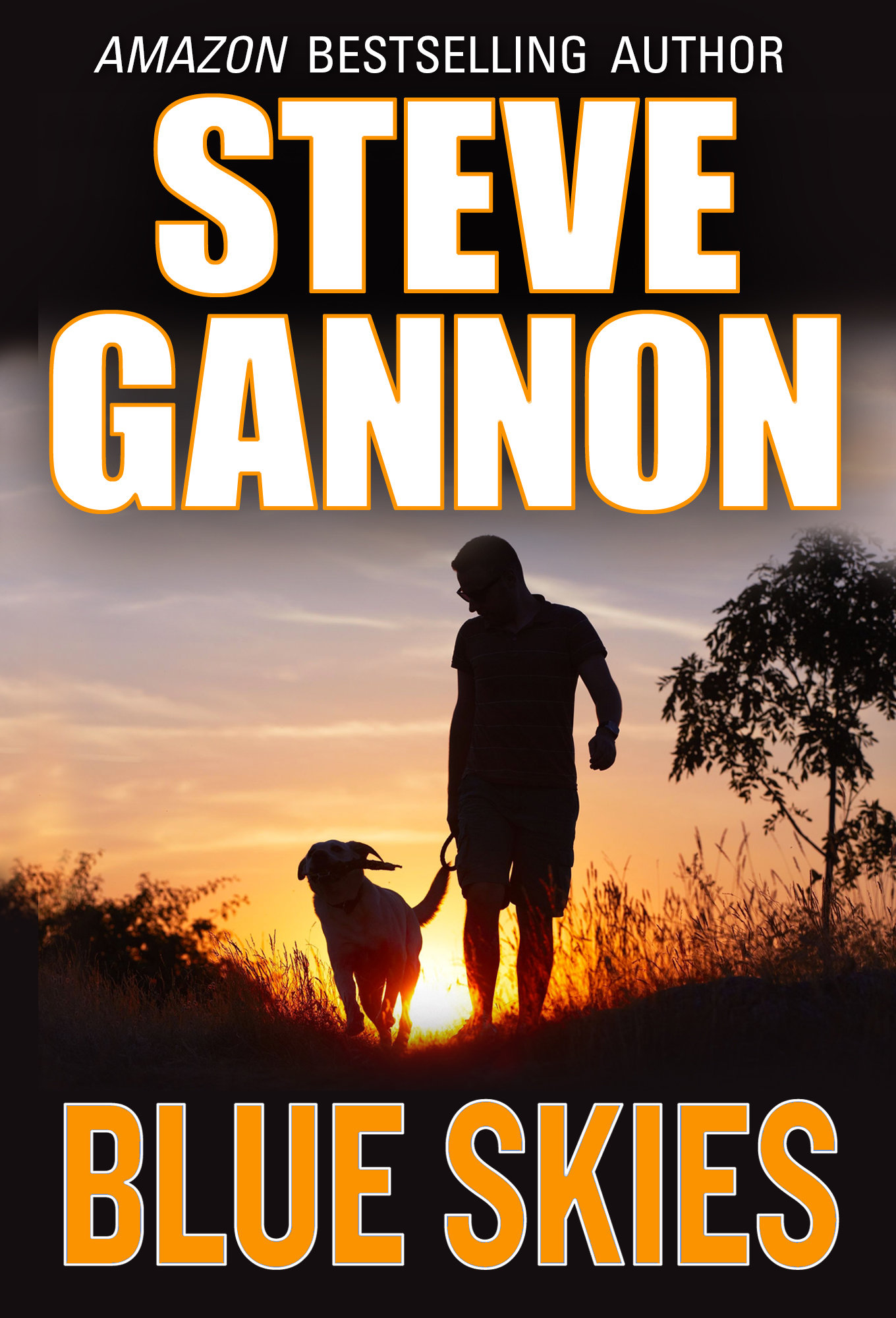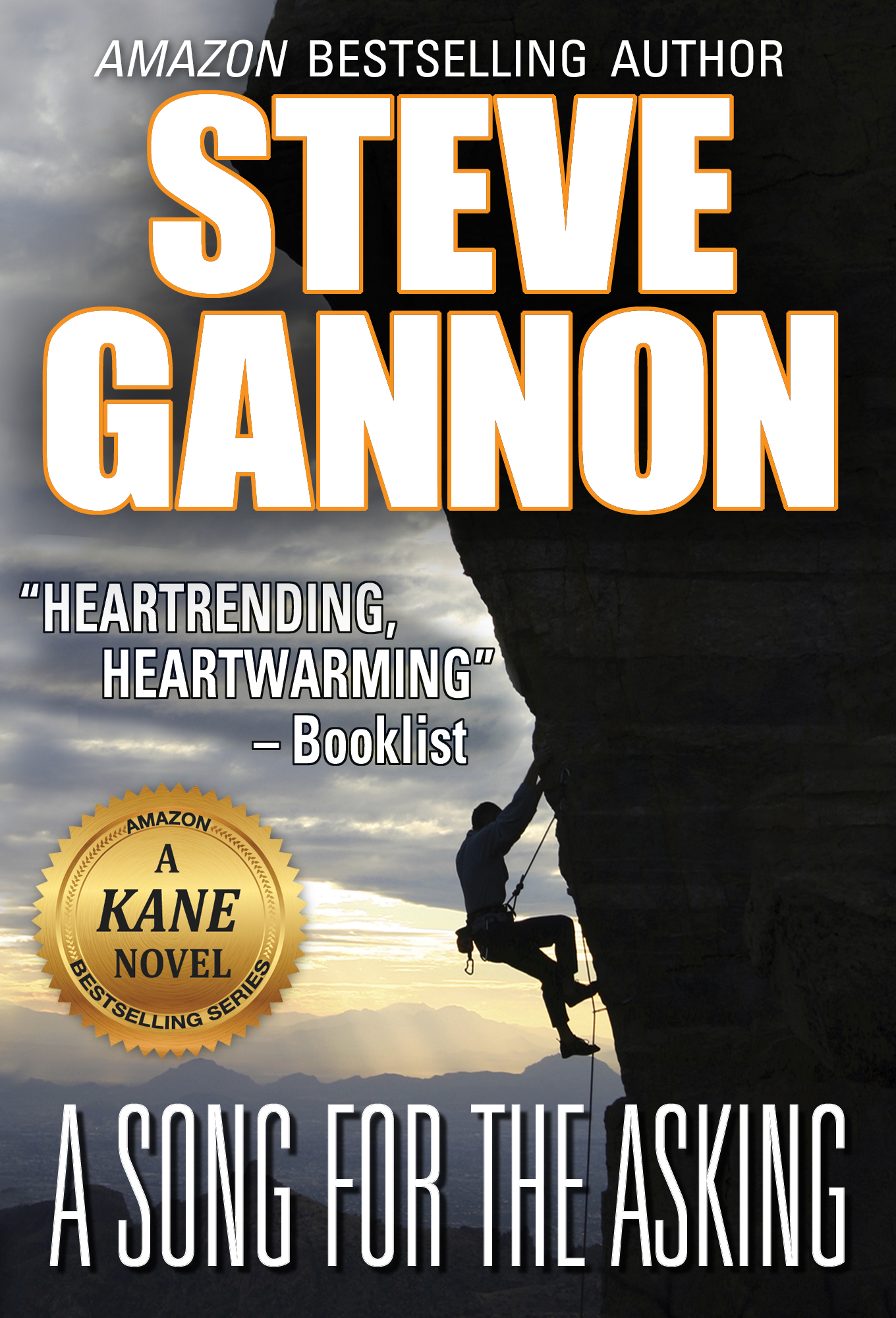
Euscorpius alpha Caporiacco in Attack Mode
Writing can be deadly. Especially in Italy . . .
At one time or another, many of us have probably dreamed of holing up in a cabin somewhere to finish a particularly troublesome project. For a writer like me, that would be the essay that’s taking forever, the manuscript that got sidetracked, or a novel that keeps getting postponed by life’s day-to-day interruptions.
Even better than a cabin in the woods, how about an isolated, 800-year-old casa in Italy? No distractions there, right?
That’s what I thought before I learned about the scorpions.
Something they don’t tell you in the travel brochures: There are LOTS of scorpions in Italy! Fortunately they aren’t the kind that kill you. Of the approximately 1400 species of scorpion worldwide, only twenty-five are deadly, and Euscorpius alpha Caporiacco – the black, nocturnal species prevalent in Italy and southern Switzerland – isn’t among them. The sting of the Italian version has been likened to that of a wasp, fatal only to someone who happens to be allergic.
Nevertheless, it can be more than a little unnerving to pick up a houseplant or look under a cabinet and find one of them staring back at you. They are definitely . . . creepy. The good news is that travelers visiting Italy can avoid being stung by simply hanging up clothes (don’t leave anything on the floor), shaking out shoes, and never walking barefoot at night.

Pranzo on the Terrace
Unfortunately for me, scorpions aren’t the only distractions in bella Italia. For one, there is traffic noise at all hours, especially first thing in the morning. Nothing a chicken dinner wouldn’t fix, though.
Speaking of food, the produce here is great! Fresh vegetables, fruits, cheeses, pastas, pizzas, meats . . . did I mention chicken? I’ve been doing a lot of cooking over here. Hmmm. Maybe I can work something about that into my writing?

Sardinia
And then there’s the coast. Tourist season is coming up soon, so my wife Susan and I decided it would be much smarter, not to mention cost effective, to travel to the beach now rather than later. Here’s a picture of us on the sand of Sardinia.
We also visited the island of Elba, where I did some firsthand research on Napoleon that might come in handy . . .

Elba selfie
Anyway, am I getting any writing done here in Italy? You bet. In fact, I’m just about to get back to work on my L.A. Sniper manuscript – the fourth in my “Kane Novel” series—right after I swat a couple scorpions, BBQ some chicken, and kick back for a while on the terrace.
What’s your worst insect encounter? Do bugs creep you out? What distracts you from your work? Please leave a comment and join the conversation!



